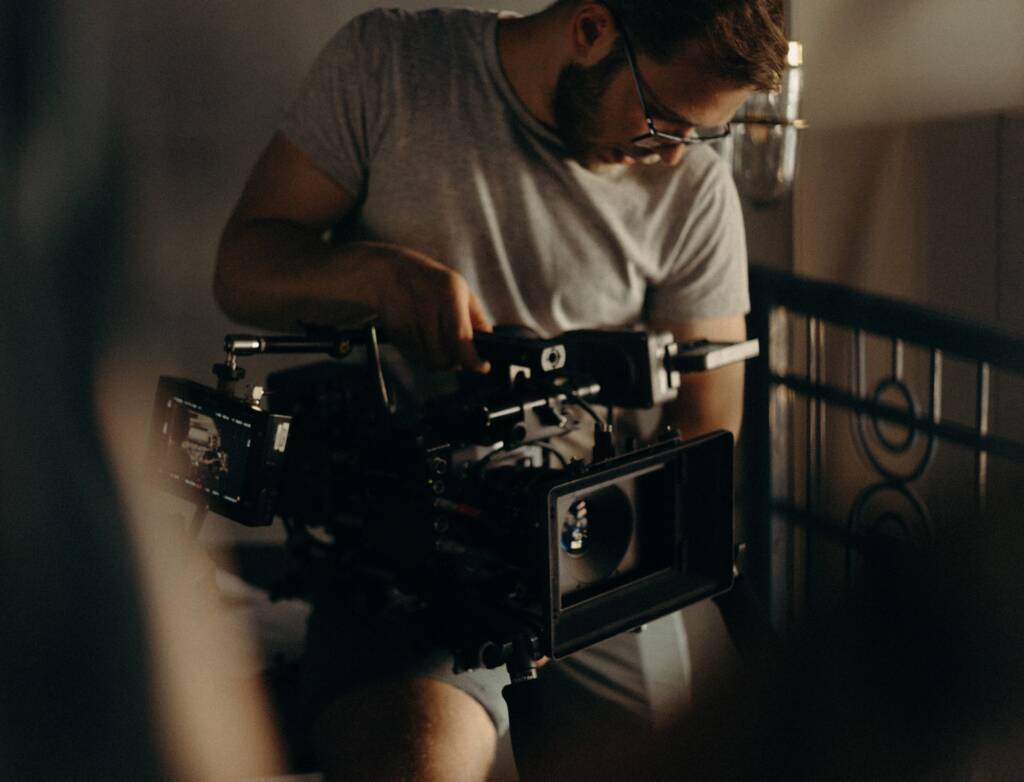Starting as a videographer can be both exciting and challenging. With so much to learn and endless possibilities for creativity, it’s important to build a strong foundation and continuously improve your skills. Whether you’re aiming to create compelling short films, engaging commercials, or captivating documentaries, these tips and ideas will help you grow and succeed as a young videographer.
1. Master the Basics
Before you get into advanced techniques, it’s crucial to have a solid understanding of the basics. Focus on learning different types of shots like wide, medium, and close-up. Get comfortable with camera movements such as panning, tilting, and tracking. Additionally, familiarize yourself with the rule of thirds, which will help you compose more visually appealing shots. Mastering these fundamentals will serve as the building blocks for your videography career.
2. Invest in Good Sound
While stunning visuals are important, clear and crisp sound is essential. Poor audio can detract from even the most beautifully shot footage. Invest in a quality microphone, even if you’re working with a limited budget. Good sound equipment will make your videos more professional and enjoyable for your audience.
3. Experiment with Lighting
Lighting is a key element in videography that can dramatically affect the look and feel of your footage. Practice shooting in different lighting conditions, and experiment with natural light, reflectors, and basic lighting kits. Learning how to manipulate light will help you create the right mood and ensure your subjects are always well-lit.
4. Edit Thoughtfully
Editing is where your video comes to life. Start with basic editing software and focus on cutting out unnecessary footage, pacing your video effectively, and adding simple transitions. As you gain more experience, you can explore advanced techniques like color grading and motion graphics. Thoughtful editing is crucial for maintaining your audience’s interest and telling your story effectively.


5. Tell a Story
Every great video tells a story, whether it’s a short film, documentary, or commercial. Think about the narrative structure before you start shooting. Plan your shots and edits to create a clear beginning, middle, and end. Engage your audience emotionally by making sure your video flows naturally and communicates your intended message.
6. Keep Learning
Videography is an ever-evolving field, so it’s important to stay curious and continuously seek out new knowledge. Watch tutorials, study films, and follow videography blogs or YouTube channels. The more you learn, the better you’ll become at your craft.
7. Network and Collaborate
Networking and collaboration are vital for growth in the creative industry. Join local filmmaking groups, attend workshops, and connect with other videographers. Collaborating with others can lead to new opportunities, help you learn different techniques, and push your creativity to new heights.
8. Start Small
Don’t worry if you don’t have the latest gear or a big budget when you’re starting out. Focus on improving your skills with what you have. As you build your portfolio and gain experience, you can gradually invest in better equipment and take on more complex projects. Remember, quality work doesn’t always require the most expensive tools.
9. Be Patient and Persistent
Videography is a craft that takes time and practice to master. Don’t be discouraged by early challenges or setbacks. Stay patient, keep practicing, and be persistent. Your hard work will eventually pay off as you continue to hone your skills.
10. Seek Feedback
Sharing your work with others and asking for feedback is essential for growth. Constructive criticism can highlight areas for improvement and spark new ideas. Approach feedback with an open mind and use it to refine your technique and storytelling abilities.
Conclusion
Becoming a successful videographer is a journey that requires dedication, creativity, and continuous learning. By following these essential tips and ideas, you’ll be well on your way to creating impactful videos and growing your career. Keep practicing, stay inspired, and enjoy the creative process. Every project you work on is a step closer to mastering the art of videography.

